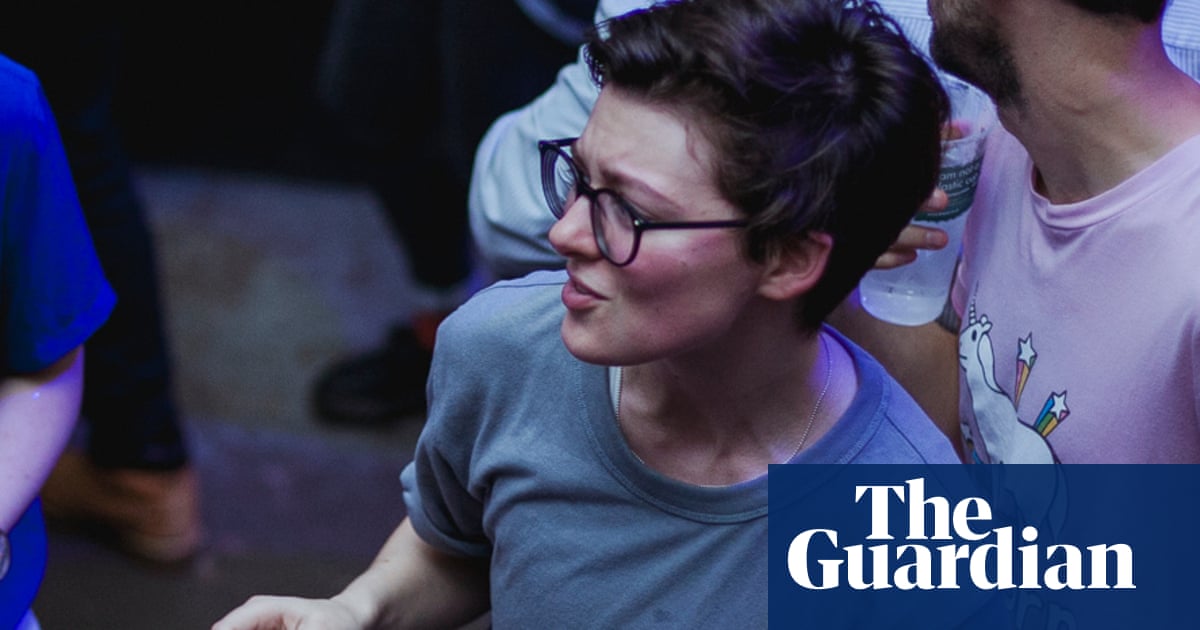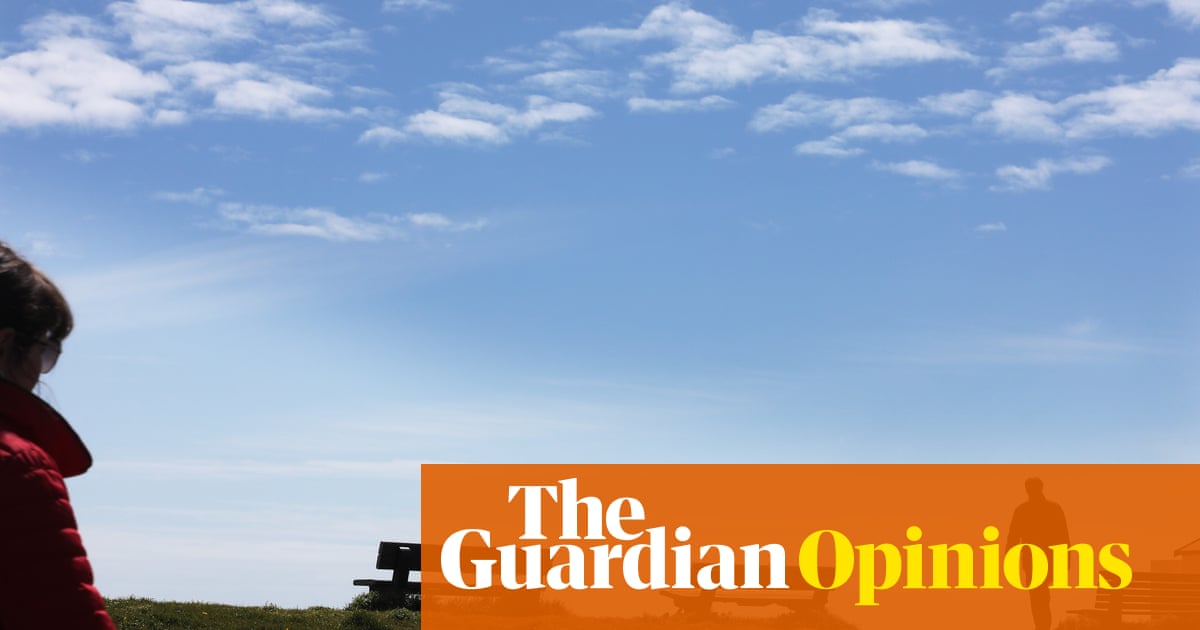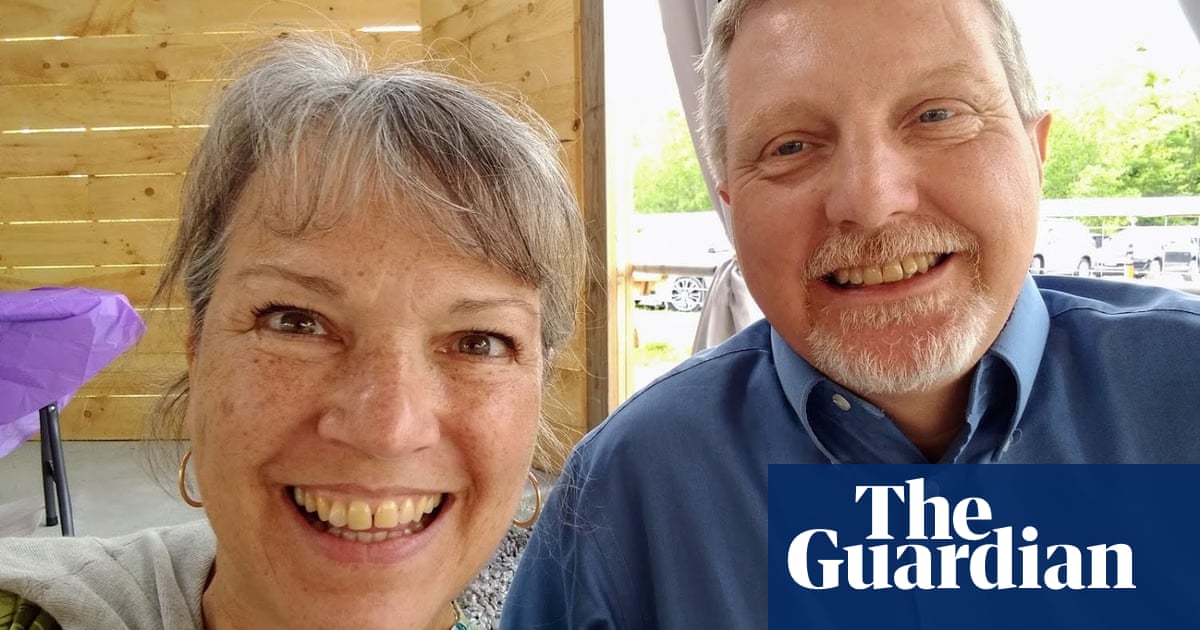
Growing up in Toronto, I have always known that I was adopted. The knowledge that I wasn’t my adoptive parents’ flesh and blood offered the comfort that my future was not constrained by their life choices or personalities.
In my late teens, I began to search through municipal records and government databases to find information on my biological family. From the agency that oversaw my adoption, I received an excerpt of my records. I learned my mother was English and my father Scottish, and they were working class. With this start, my evenings, weekends and holidays were consumed by my search.
From the outset, it had been driven by a desire to find something that I felt was missing. By 1996, 16 years into my search, I was happily married, and a father. It occurred to me then that I had approached this the wrong way: that the purpose of my search should not be to “get” something, but to give: to offer my birth mother – should I be able to find her – a family. From that moment, things started to fall into place. It is hard to explain, but it was as if that change of perspective suddenly opened a door.
With the help of a hint from a sympathetic social worker at the adoption agency, I was led to an address where my birth mother had lived in the early 1970s. It was a faded footprint, but a place to start. I used the city’s records to locate the name of a man who had also lived there at the time, and found his current telephone number.
At home that evening, I dialled the number. The man who answered the phone confirmed that he was the person I was looking for. My heart missed a beat: I was finally speaking to someone who knew my mother. He said he could not give out her address, but offered to pass along a message. He then asked for my name. I hesitated, then gave him the name on my birth certificate. He said, “Oh, you’re her son” and gave me her address. Directory assistance gave me her number. As I mustered up the courage to call my birth mother, he had used the time it had taken me to get her number to warn her about me. When I called, she was expecting it.
In September 1996, my wife and I rented a car and drove 13 hours from Toronto to my birth mother’s home in Delaware. Standing in front of her door was thrilling and terrifying. Hoping desperately it would work out, I was terrified of putting a foot wrong. She opened the door: we hugged; she cried.
My mother was an actor, a scouser who had moved to Canada. My father, she informed me, had been clever, but denied an education. Then the shocking news: he had been convicted of one of Toronto’s most horrific and notorious sexual murders, of a nine-year-old boy. How lucky that I’d been adopted, I thought: had I grown up with him, what might he have done to me?
All through my childhood, adolescence and young adulthood, I struggled with my temper – although, fortunately, I had never hurt anyone. But the discovery that I carried the genes of a man who had committed such a horrific act shook me to my core. Perhaps this discovery frightened the anger out of me.
I learned that he was committed to a prison for the criminally insane, as they were then known. I considered contacting him, but my wife and I decided it wasn’t a good idea. I have no idea whether he is dead or alive.
It also became apparent that my birth mother had no interest in a relationship with me. I showed her photographs of my childhood, our wedding and our daughter. She flicked through a few pages before announcing she was bored.
I had spent a long time searching for my parents. In the beginning, I had been looking for the sense of connectedness I thought they could give me. It didn’t work out that way. This journey led me to realise that my identity is defined not by my birth, but – thanks to the love of the woman who has accompanied and supported me through all of this, and more – by the man I have learned to become.












